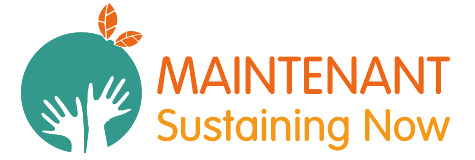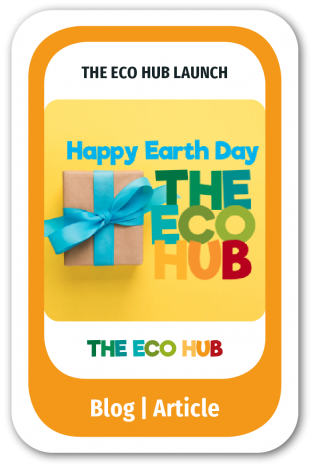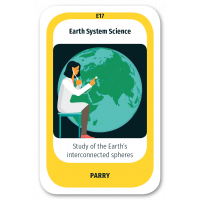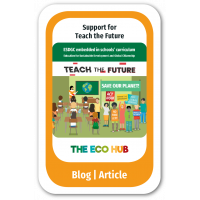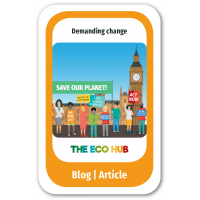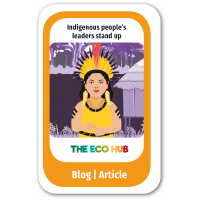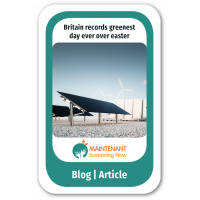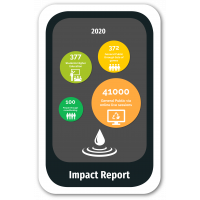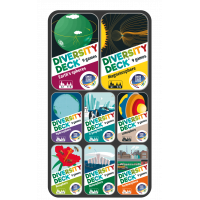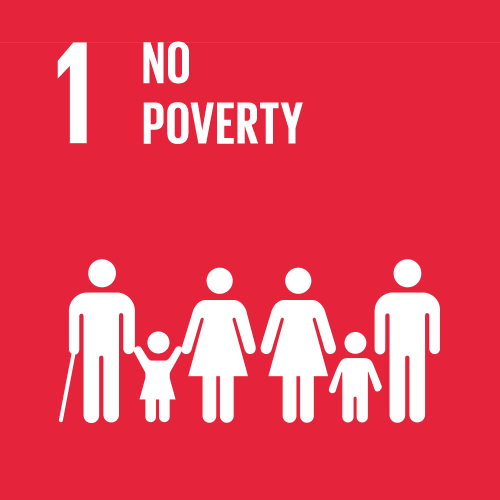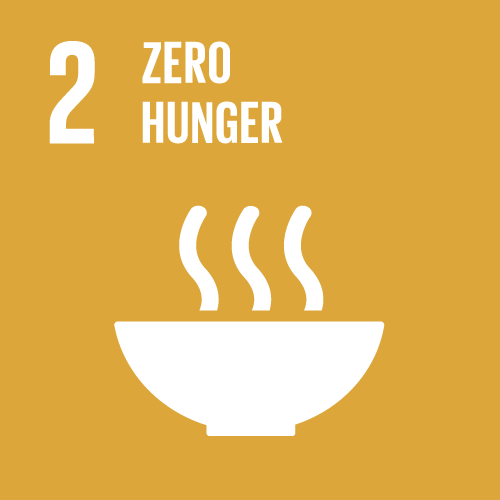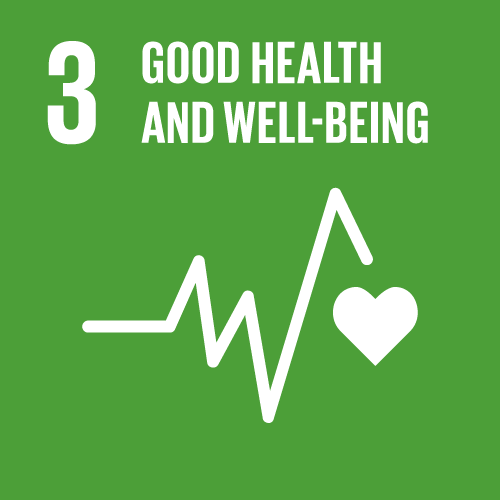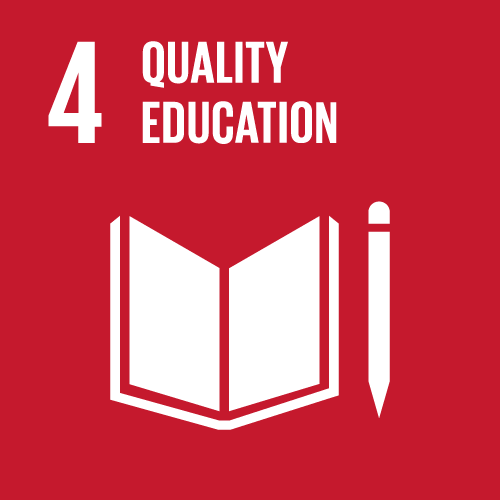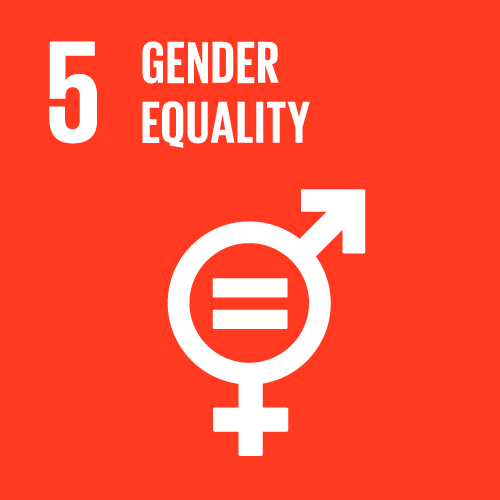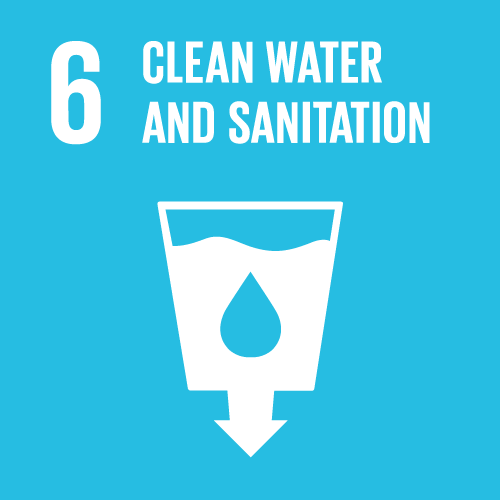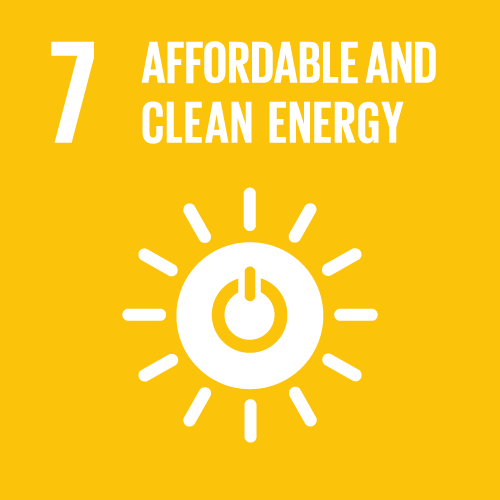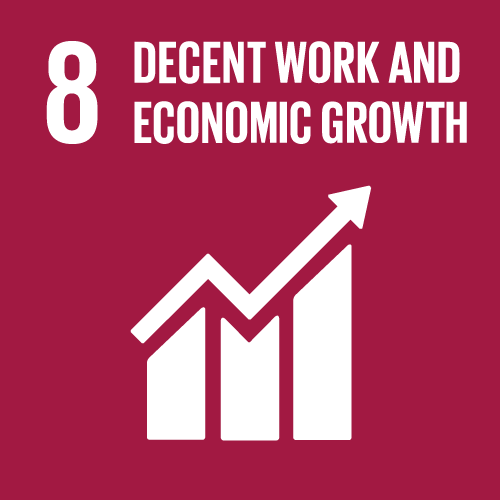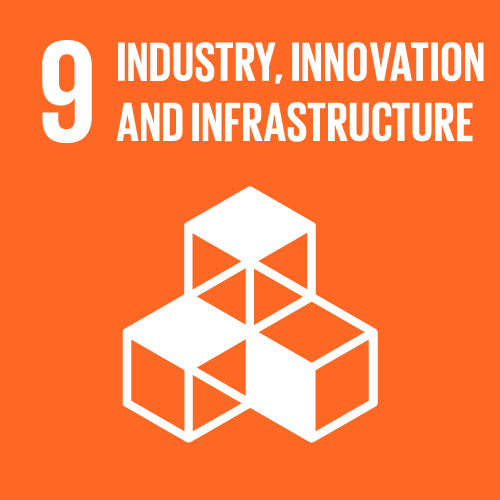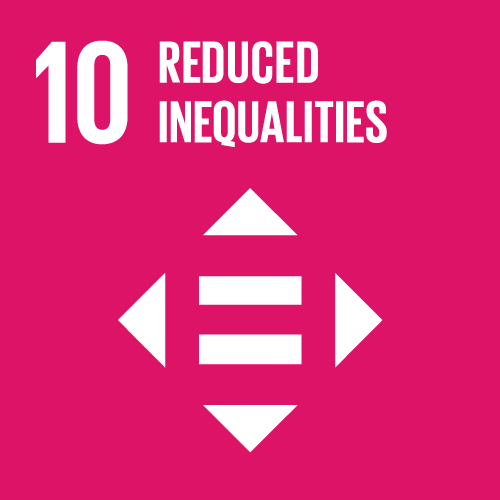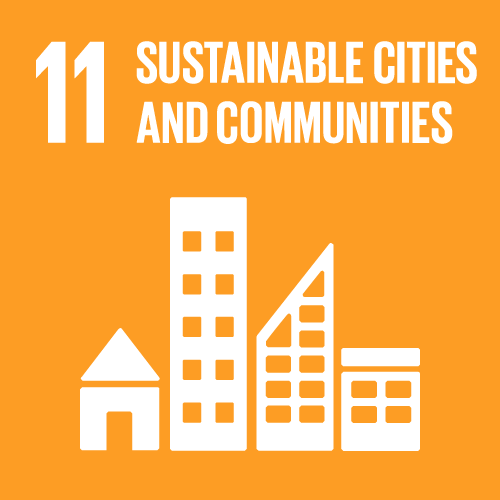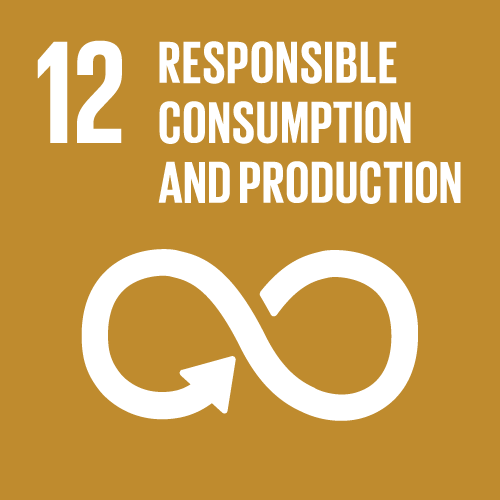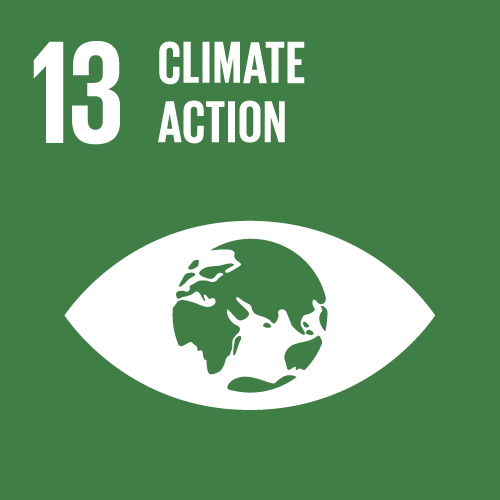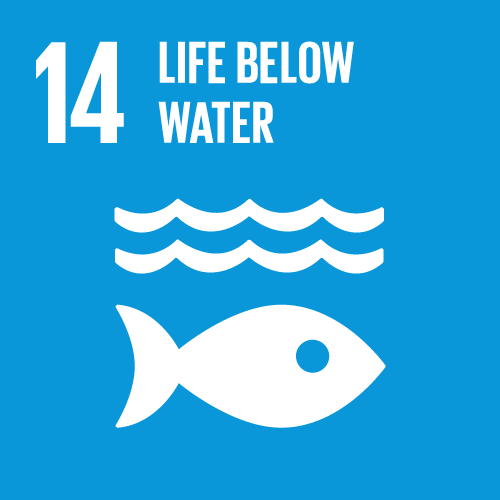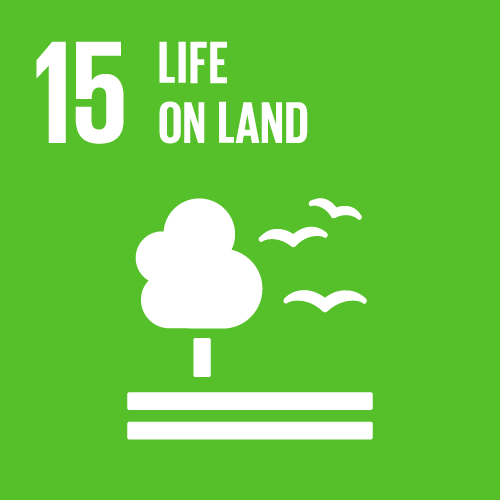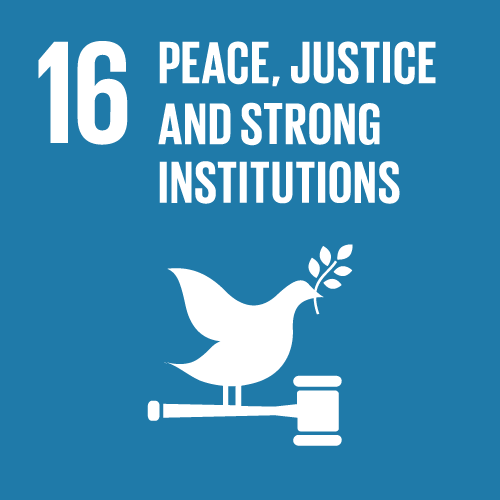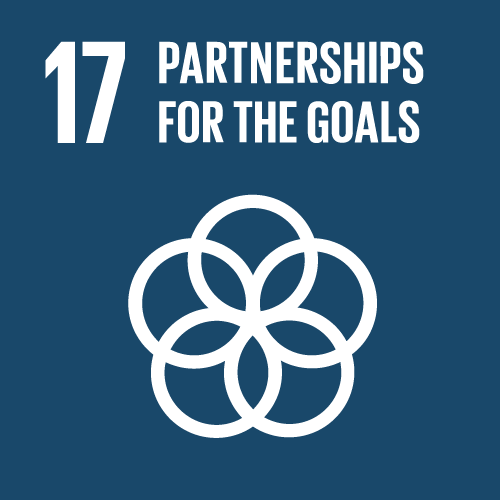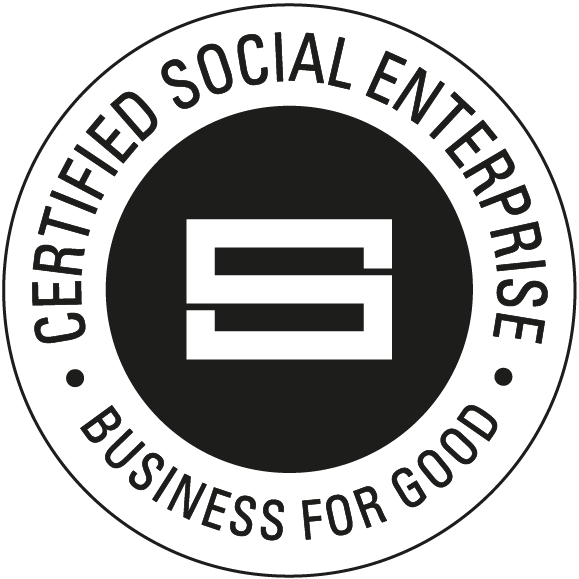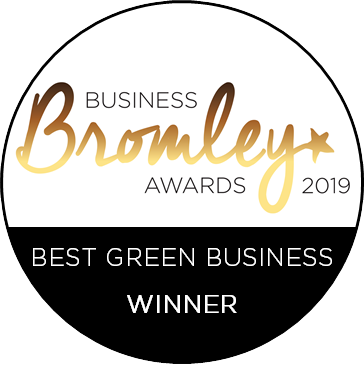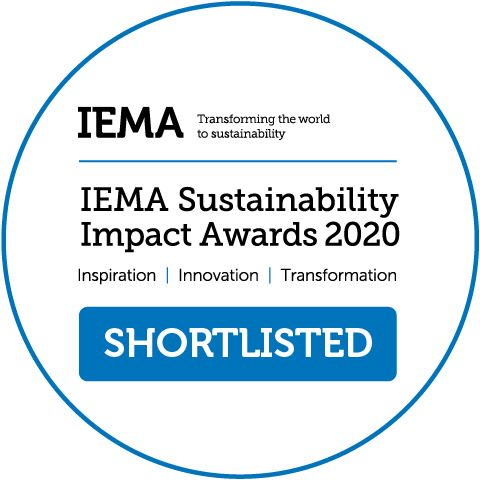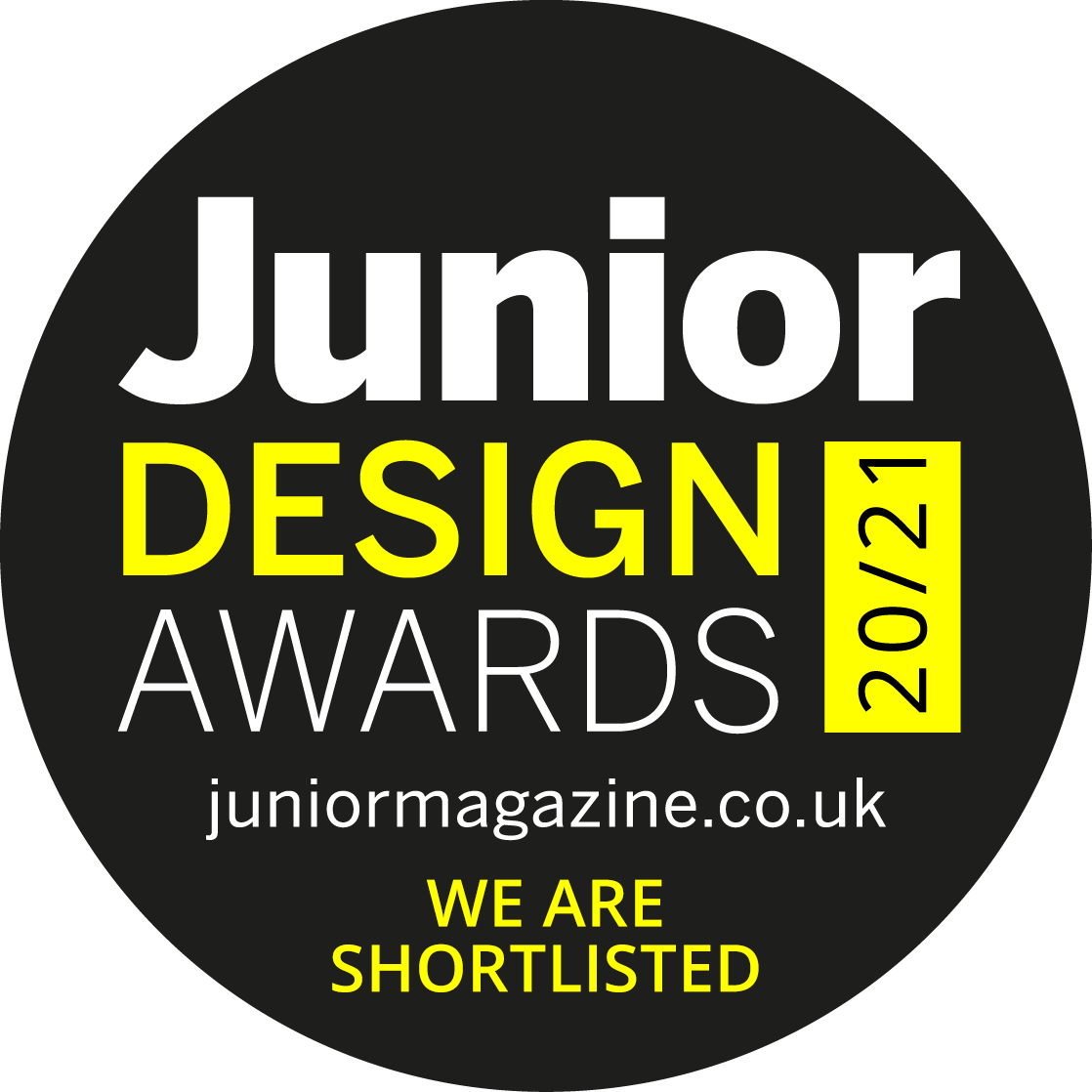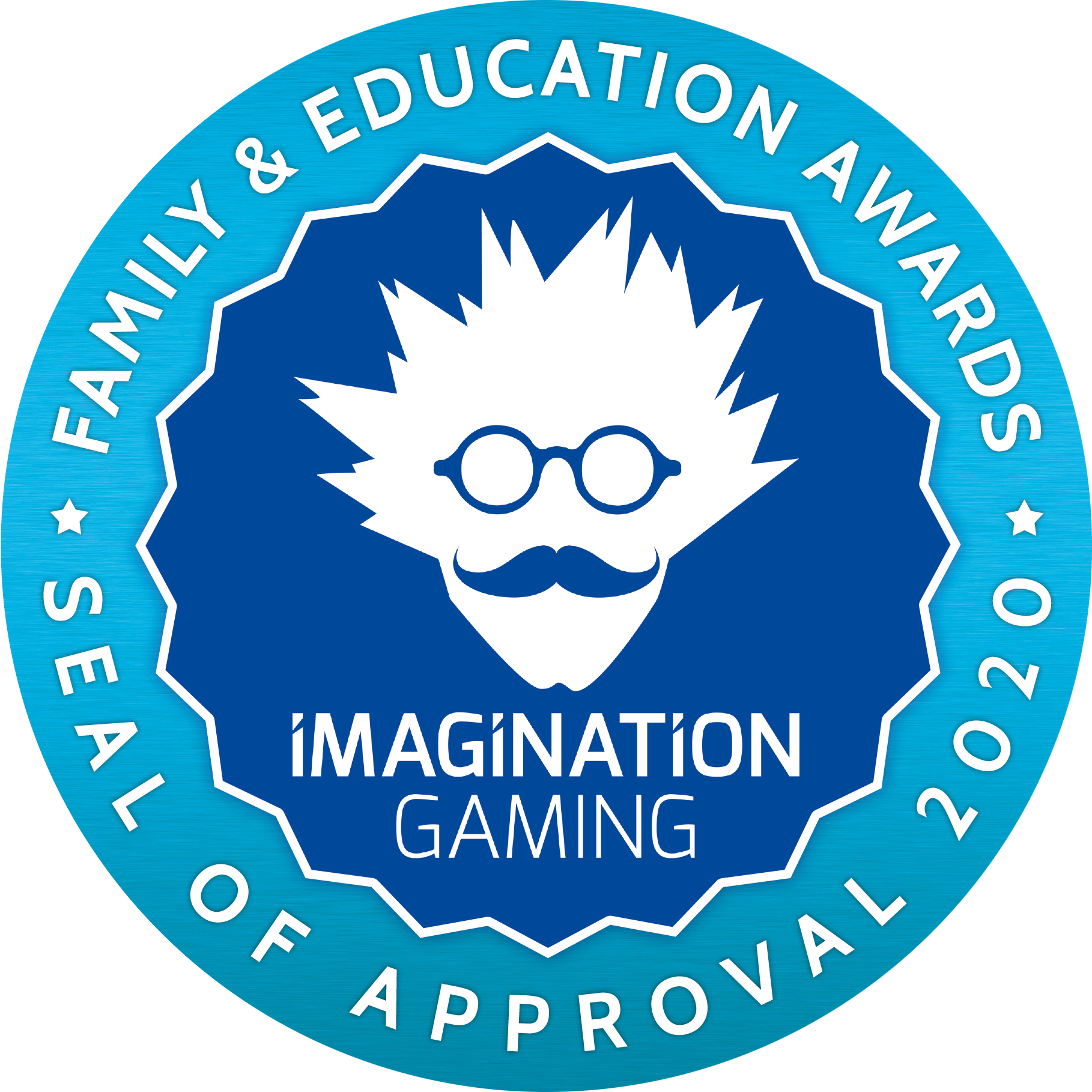
THE ECO HUB
Our new website, THE ECO HUB, has now been launched!
Having spoken to teachers in our work with schools, we have seen the growing desire for good quality, quick ideas to incorporate Education for Sustainable Development (ESD) into their curriculum. According to a recent survey by Teach the Future, 75% of teachers don’t believe that they have received adequate training to teach students about climate change. For a more sustainable and greener society, we want teachers to have the confidence to deliver lessons which incorporate sustainability at every opportunity. Although we agree that the UK national curriculum is sorely lacking when it comes to teaching about the climate crisis, there are many opportunities within the curriculum already where we can talk in a more thoughtful way and introduce empathy to our environment, other people and society.
In particular, this became clearer and more focused once Teach the Future launched their campaign last year and really highlighted the lack of ESD in the UK curriculum and school system as a whole. See our blog post about it here.
We wanted to create a website which would be a catalyst to the change towards a more sustainable society, not just in the UK, but across the world. Because sustainability is such a universal concept and part of everything that we do, it occurred to us that often, subjects and topics can be talked about in slightly different ways in order to get across a message of sustainability. For example, if you can introduce the ideas of magnets to children, we can also talk about the Earth as a very large magnet and introduce the benefits of a magnetic field; protecting us from the cosmos and making life here on Earth possible. If we can let children in on the secret of how important the natural world is to their everyday lives and give them the ability to see the interconnectivity of all of Earth’s systems and our actions, then they will develop the empathy and resilience they need to protect our planet as they grow up and enter the work place, making positive choices and decisions for the benefit for all of us.
Science and geography are the most obvious places to start introducing ideas of sustainability, but eventually we will be offering cross curricular activities which can be used to enhance what is already being taught. For example, PSHE and History have a lot to teach us about sustainability, especially when thinking about how we must be an inclusive and united society and learn from the mistakes of the past.
WHAT WE OFFER
We don’t want to overwhelm teachers with lengthy, expensive courses and extra qualifications that are only possible for one or two teachers within a school. Our brand-new ECO HUB will provide bitesize 5-10 min courses which become available on a regular basis enabling teachers to think about different topics and case studies in different ways and provide resources and videos to help.
Earth system education divides the planet into 7 spheres which are all interconnected and rely on each other. This describes out environment and gives children the knowledge they need to understand the changes which are happening to the Earth, our home.
In addition, we want to create a community of teachers swapping ideas and experiences in our community section. The website will be for our users, so we will be working alongside them and taking on board suggestions and feedback as we go. In addition, our “Positivity Corner” will be regularly updated with inspiring stories from the news, plus other schools and businesses who are taking the SDG’s on board and embedding them into their lives. These will provide class talking points and an opportunity to promote a positive image of our future.
Our content is based on our belief that sustainability is universal and touches every aspect of our lives. We must be mindful of the consequences of our thoughts and actions. The world is too interconnected and global and we need children who understand and recognise this to take this new mindset into the future.
Tags: Blog, THE ECO HUB
